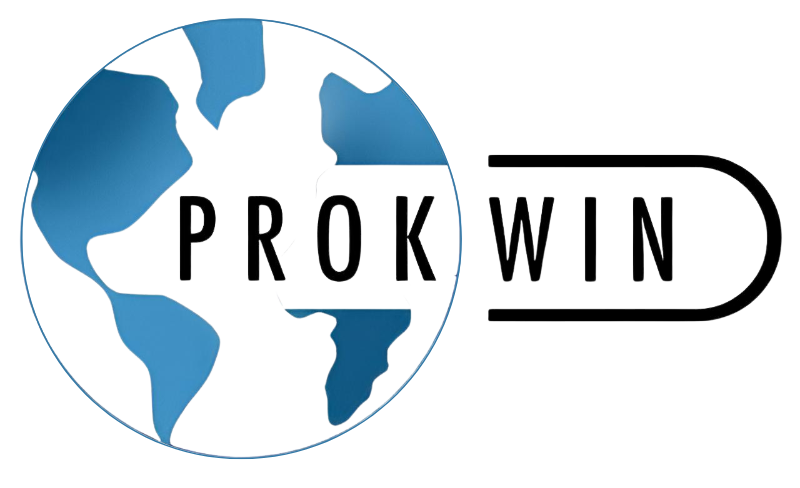Why do we call them all Suppliers??
We often talk about Vendors & Suppliers in procurement? Let’s dig a little deeper as the supply chain world is way more complex than just those two terms.
Why is it important to understand the difference btw players?
Here’s a quick breakdown:
1. Vendor: sells finished goods or services directly to the end-user and where we will mainly focus on price, client satisfaction, & market trends.
2. Supplier: provides raw materials or components used in the manufacturing process (a steel manufacturer supplying raw materials for a car manufacturer).
Quality, price, delivery time and uninterrupted production are key for us!
3. Third party: any entity outside the direct buyer-seller relationship (a logistics company transporting goods, a consulting firm,…) This one is a bit tricky, it can be highly strategic in a project and at the same time we need to ensure high performace, cost-effectiveness, risk mitigation & client’s satisfaction.
4. Contractor: provides services, often involving specialized skills or labor (EPC companies, professional services,…). Hence the need of a clear scope of work, project timelines, & the quality of service delivery.
5. Subcontractor: hired by a primary contractor to perform specific tasks (electrical subcontractor hired by a general contractor for a construction project). Management of subcontractors can be tough & need strict follow up & incorporation of specific clauses into the contract to ensure coverage of all risks.
6. Partner: a strong collaboration that implicates shared goals & high financial stake (a strategic alliance between a manufacturer & a key supplier to develop new technologies). This relation is mostly based on innovation, strategic market entries & financial goals.
7. Distributor: They are the middlemen. They buy goods from manufacturers & then sell them to retailers or other businesses. They usually have a good networks, good inventory and can offer better deals, however support in maintenance or repair can be sometimes a real headache.
8. OEM (original equipment manufacturer): Those are the specialists. They provide specific components that get built into someone else’s product. In general, OEM refers to high quality and expensive products:) depending on industries.
9. What else can we add?
Each of these roles has unique implications for procurement professionals & each industry may call them a different way?
Understanding these distinctions allows procurement teams to:
❇️ Select the right partners for specific needs
❇️ Negotiate contracts effectively…
❇️ Get a better knowledge of the market
I am keen to learning more from you about this topic & have a clearer idea of why we just call them all “suppliers”? Feel free to comment!
What can we improve 👇, change or add ?


No responses yet